 The following was submitted to YWN by EL AL
The following was submitted to YWN by EL AL
In view of the government’s decision to approve the Open Skies Policy with the European Union, which directly affects EL AL and the other Israeli airlines, it is important to provide some background information which has resulted in a strike called by the Histadrut (General Federation of Labor in Israel).
The approval of this agreement is placing Israeli aviation in unfair competition with European carriers and is weakening the ability to compete equally. Only when the government resolves these issues can EL AL and the other Israeli carriers compete fairly within the framework of the Open Skies Policy.
First and foremost, EL AL is not against the open skies agreement as we have been competing with other airlines for almost 65 years. By no means is EL AL a monopoly. Over the years, competition has grown tremendously so that today dozens of airlines take off and land in Israel at Ben Gurion International Airport. We are open to accept this additional competition as we strive to provide the best possible service and value for the loyalty of all our passengers.
Most carriers flying to Israel are part of a large international airline alliance. EL AL has been trying to become a member, but for obvious political reasons, has not been accepted. The fact that we are not able to join an alliance severely restricts our global operations and destinations served. An airline alliance can be compared to having one airline with thousands of aircraft, whereby all Israeli carriers (including EL AL) have a combined total of less than 50 aircraft.
In addition, the anti-trust laws in Israel are much stricter than in European countries, making it almost impossible for EL AL to maintain codeshare agreements with the same flexibility enjoyed by European carriers.
Another request is to have fair competition and reciprocity between Israel and other airlines in the European Union, which can presently land at Ben Gurion Airport with no restrictions. However, due to security limits imposed by the government of Israel, the destinations served by EL AL are limited. For example, EL AL no longer flies to Istanbul, Turkey, yet Turkish carriers operate over 50 flights a week to Israel.
Every year, EL AL absorbs close to $30 million relating to security expenses, which is in compliance with the requirements of the Israeli government. In other countries, security costs are covered by the government. No foreign carrier bears such an expense. EL AL is requesting that the Israeli government fund the full cost of security. An example is that in the USA, the TSA is a federal government agency which bears this financial responsibility.
We believe it is the responsibility of the government of Israel to resolve these obstacles before enforcing the Open Skies Policy.
(YWN World Headquarters – NYC)

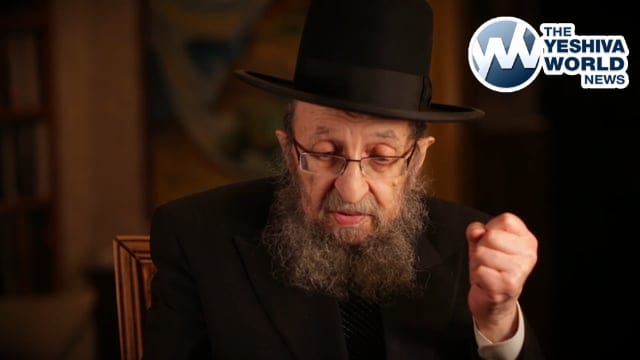

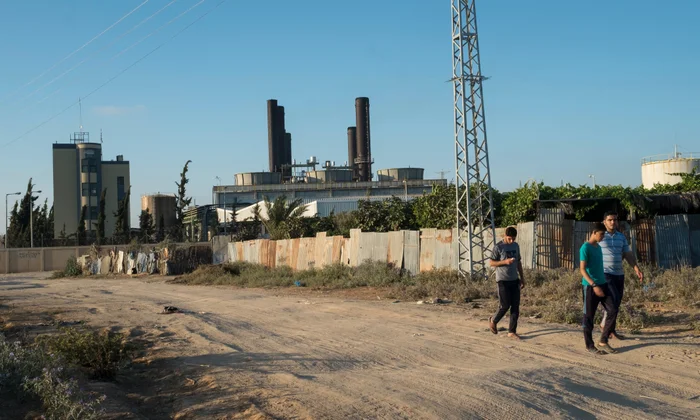


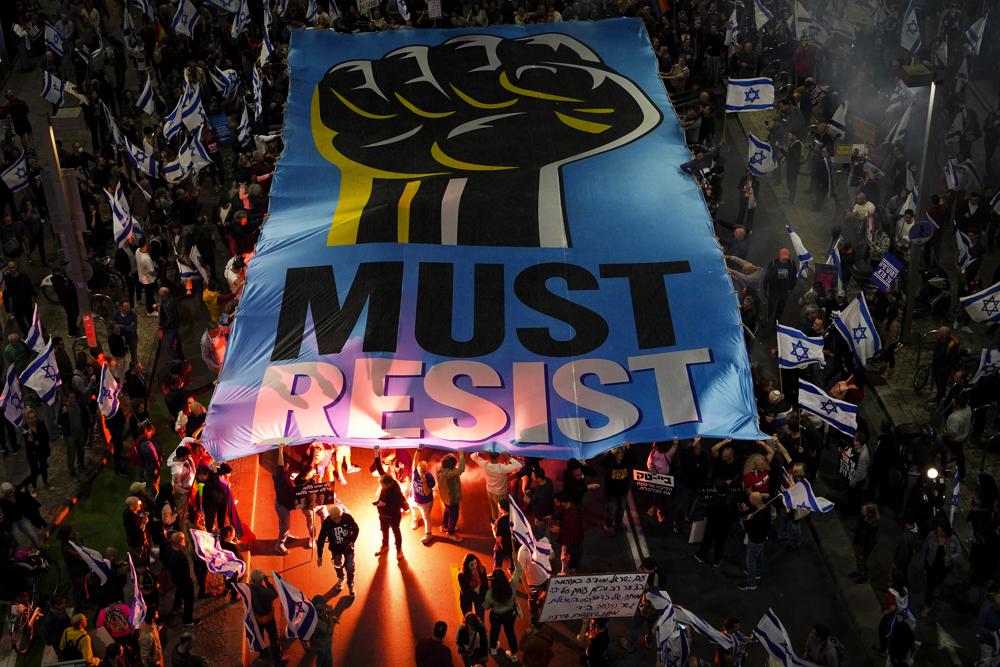

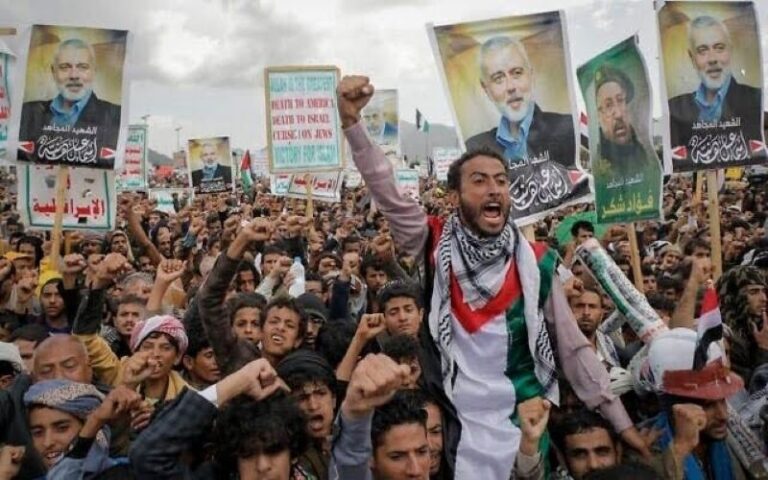
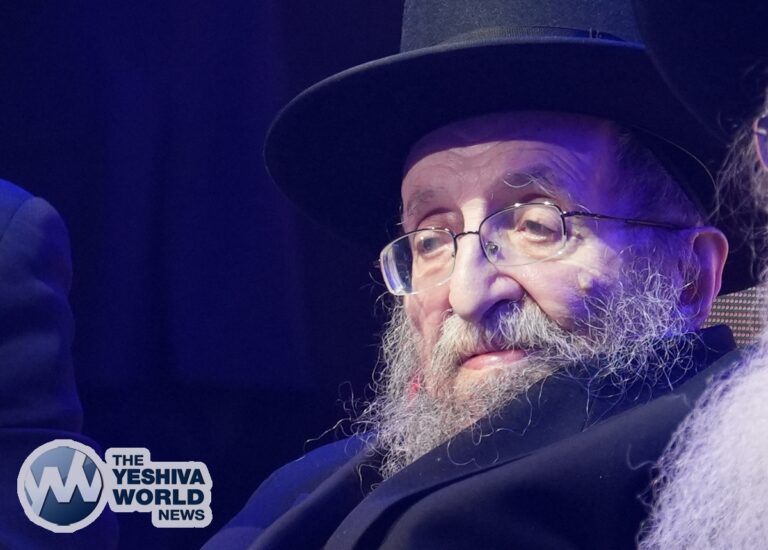

4 Responses
This is actually a legitimate response from El Al. The Israeli government should loosen its anti-trust laws and help with security expenses.
However, they fail to mention that the agreement will allow El Al to serve Europe at lower cost. Israel already has a head start against the other airlines. Also, this treaty will not affect El Al’s lucrative American, Asian, and domestic routes.
I’m also not convinced that El Al is unable to join alliances and form partnerships. There are 3 alliances. Surely one of them would be willing, if only to keep the others from joining. Besides, El Al already has agreements with American Airlines, Iberia, Swiss, Quantas, Czech, Aeromexico, and others.
This law is not perfect, but it is a step in the right direction. The government needs to continue along the path of de-regulation and free trade.
The one item that makes me nervous is the one about having the gov’t fund the security, which they compared to the TSA in the USA. Need I go into detail about the problematic pitfalls that are part and parcel of TSA security (read that: a security and privacy nightmare, not to mention corrupt agents that surface every so often)!! Israel cannot afford one iota of that, and I for one find everyone I know who opts for ElAl understands they sometimes have to pay a bit more for this. Is there such a thing as the equivalent of a line-item veto when coming to an agreement here? This item ought to be excluded. And ElAl ought to hear from the public on this, in great number! All who agree please respond.
#2: There is a fundamental difference in methodology between Israeli (government or private) airline security and US airline security: the US looks for the bomb; Israel looks for the bomber.
The former results in very, very expensive and intrusive technology and methods operated by a bunch of idiots. The latter results person-to-person interactions with minimally physically intrusive technology and methods, run by bright, young, well-trained individuals.
Thus, regardless of who pays for or runs Israeli airline security, it will continue to be the most effective on the planet.
Hi, Shazam,
I am aware of what you described. Nevertheless, I refer to the inevitable bureaucratic pitfalls…imagine the Israeli govt, as opposed to ElAl as a private agency, being subject to condemnation for profiling its passengers. Get my drift? How to insure against this type of thing?